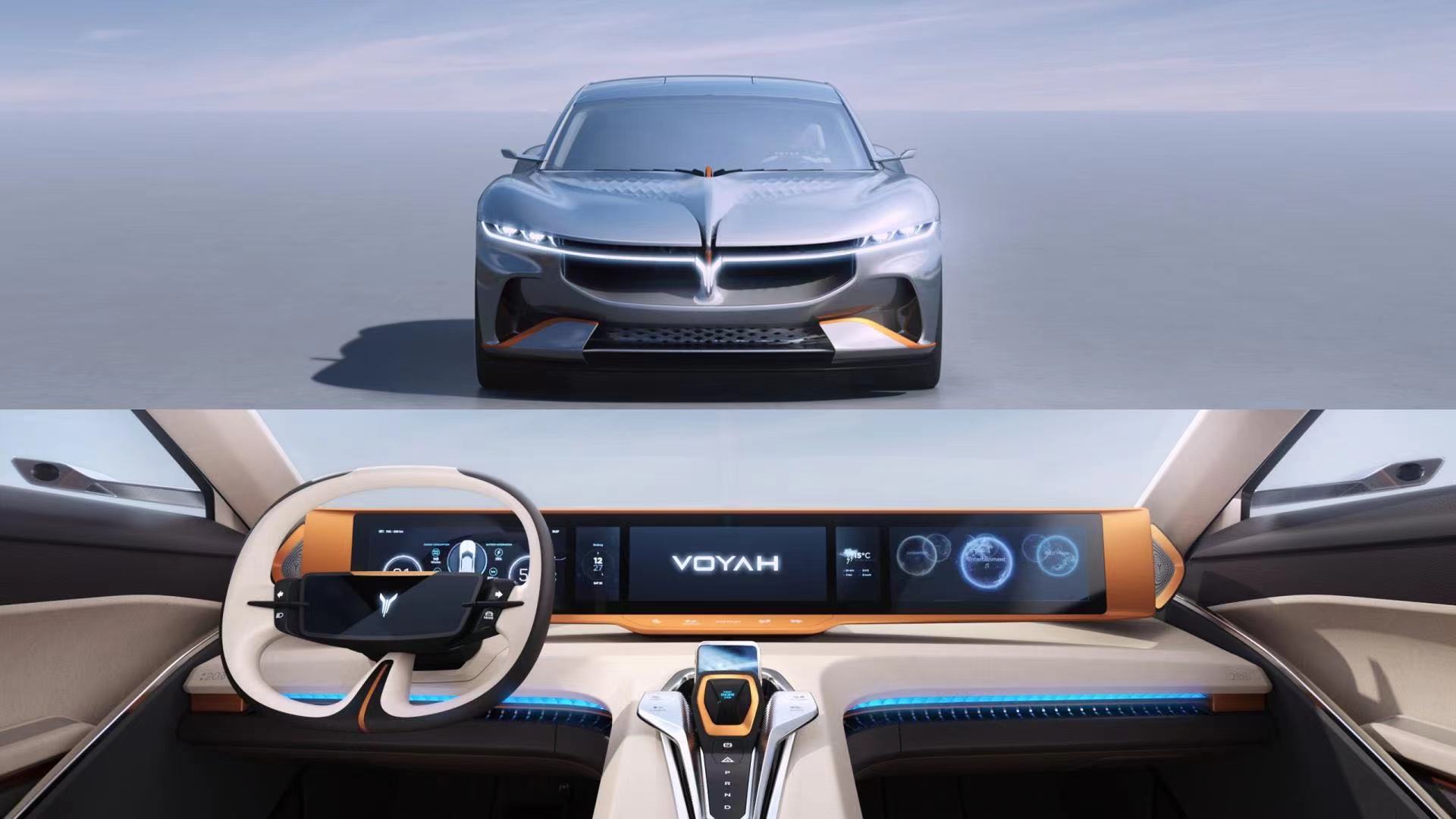Lately, everyone’s talking about Chinese electric cars, with carmakers like BYD taking over the sector.
But the #1 factor that’s contributing to Chinese EVs’ success is its technology. The most advanced parts of these machines aren’t on the hardware side (that’s arguably simpler than traditional cars) but on the software one.
The AI investments of the recent years, combined with a strong background in producing and programming some of the most used smartphones in the world led to China having the tech foundation to build vehicles that don’t have to rely on mechanics that much in order to stay competitive, but can bet on usability, comfort, and futurism.

AI for driving and comfort
One interesting thing to note is that AI serves both driving purposes - with tasks like lane changing and parking assistance - and infotainment-related purposes - with systems that integrate custom versions of Android, in most cases, to control maps, music, messaging, and other features (also with voice, and with LLMs powering better and better interactions).
Some argue that the race is becoming more about chips and software-related hardware, than about classical car commodities, and that really seems to be the case.
Who’s thriving here?
Companies that offer products and technologies that operate around the “deeper” tech parts or the infotainment, consumer-tech side.
Think of a startup that only focuses on custom Android versions for cars, or on job-specific sensors that support self-driving.
Automotive isn’t an easy sector to break into, but the growth of Chinese EVs and high-tech cars in general can offer good insights in adjacent areas as well, like smart mobility and smart cities (more user-friendly tech for e-scooters? Better traffic light sensors that provide more and better urban mobility data?).

Also, China surely excels at monitoring (worth thinking about the privacy-convenience trade-off).
Cars are no exception, and this shows how much, even in this case, (accurate) data is key to advancing the state of an entire sector.
What’s next
We’ll probably see a progressive increase in attention to software in the vehicle space. Software is arguably much more easily scalable and improvable than hardware, so competition shifting towards this lane makes sense.